Perthshire infected blood victims say they finally feel ‘vindicated’ after the publication of the long-awaited report from the Infected Blood Inquiry.
The five-year investigation has found there were a ‘catalogue of failings’ and that victims had been failed ‘repeatedly’ by doctors, the NHS and the government.
The report also found that authorities covered up the infected blood scandal after knowingly exposing victims to unacceptable risks,
More than 30,000 people in the UK – with about 3,000 in Scotland – were infected from 1970 to 1991 by contaminated blood products and transfusions.
They include Perthshire mum Gill Fyffe.
“Today’s report is just outstanding,” she said.
“I can’t think of anything I would want to be in it that wasn’t there. I just never thought I would see the day.”
What were the findings of the Inquiry report?
The findings of the damning report into the biggest treatment scandal in NHS history was presented today by Inquiry chairman Sir Brian Langstaff.
He described the scale of what happened as “horrifying” and said the authorities had not acted quickly enough in response to the risks.
In his report, Sir Brian said there has been a lack of openness, inquiry, accountability and elements of “downright deception”, including destroying documents.
He said the scandal had destroyed “lives, dreams, friendships, families and finances” – with many people still dying today as a result of what happened.
The report recommends a full apology from government, national recognition of the treatment disaster and a compensation scheme to be set up immediately.
Gill travelled to London with husband Stan for the official publication of the inquiry report.
She said it was a very emotional day for all those who have been affected and infected.
Emotional day
“We are almost lost for words and there are a lot of tears,” she said.
“A lot of people are crying because it brings back what people have lost.
“There is also a feeling of elation because this report tells the truth and the whole truth.
“And we never thought we would see the day that would be acknowledged.”
The 65-year-old from Blairgowrie contracted Hepatitis C, a condition that can cause potentially fatal damage to the liver, through a blood transfusion at Ninewells Hospital in Dundee after the birth of her daughter in 1988.
She went on to develop extreme sensitivity to light, one of the side effects of Interferon, the drug she initially used to treat Hepatitis C.
As a result, she was left unable to work.
Gill’s reaction to the infected blood inquiry report
Giving her reaction to the report findings, she said: “I feel validated and vindicated and I can’t thank the inquiry team enough.
“They have worked so hard to bring this about.
“It really is a momentous day for the victims and a very thorough validation.
“Many are in tears because they have been believed at last.
“And for me it sort of feels like now I can start again – I feel there is now a chance for that.
“The principal recommendation is for compensation to be paid now to allow people that chance.
“But while there is no amount of money that can bring back the people who were lost or the health that was lost.
“I think it can help to stop unnecessary suffering.
“People can now concentrate on getting well and not worry about their bills.”
Gill feels an apology is also very important especially for those who have lost family members as they need to hear it the most.
Thanking family for their support
She also thanked her own family, which includes her two children Rory, 38, and Lucy, 35, for their support.
“It has been an emotional day for all of us as a family.
“It makes you think back to all the years when we felt as a family there was no-one who could help us.
“I can’t thank my children enough – even when they were children they were such a support.
“And they have never ever stopped supporting us.”
Meanwhile, Perthshire campaigner Bill Wright is one of thousands of patients with blood disorders who received infected blood through a new treatment called factor VIII or IX in the 70s and 80s.
Bill, who lives in Dunkeld, has spent years campaigning for the Infected Blood Inquiry after contracting Hepatitis C shortly after being treated for a bruise on his thigh in 1986.
After years of treatment and finally being cured of Hep C, the former chair of Haemophilia Scotland has been diagnosed with liver cancer.
Hep C can cause scarring of the liver, which increases the risk of developing liver cancer.
‘We have been completely vindicated’
Giving his reaction to today’s publication of the inquiry report, the 65-year-old says: “I think we have been completely vindicated.
“25 years ago we were basically dismissed and rejected when we called for a public inquiry into the matter.
“The Scottish Government health minister back then said nothing more could be done.
“The report today completely contradicts that and has said that, frankly, most of what happened could have been avoided.
“This shows the value of an in-depth, statutory public inquiry where people are actually compelled to give evidence.”
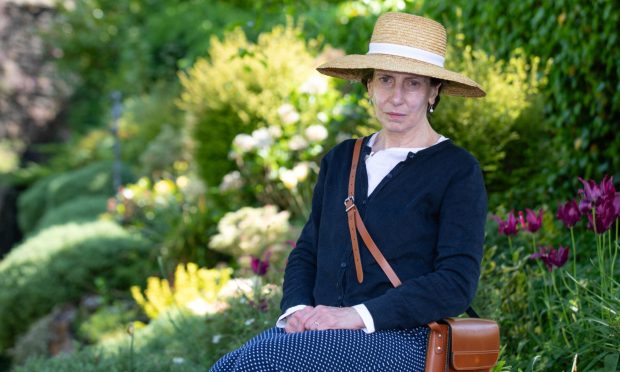
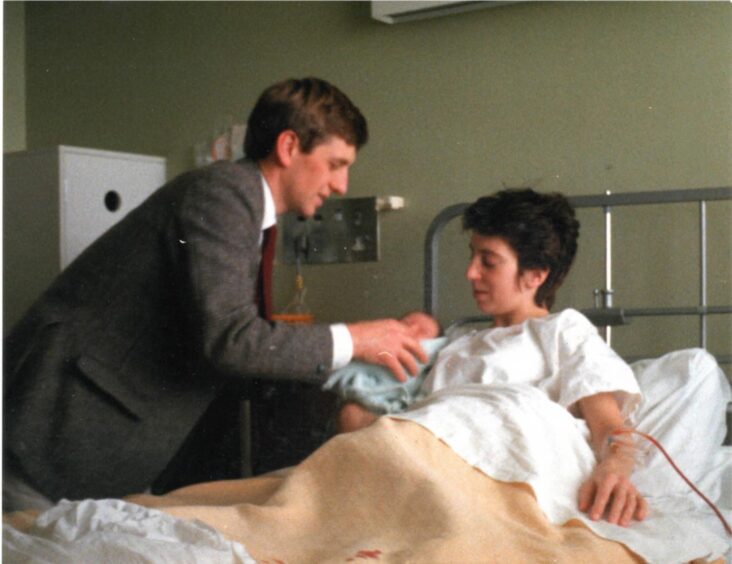

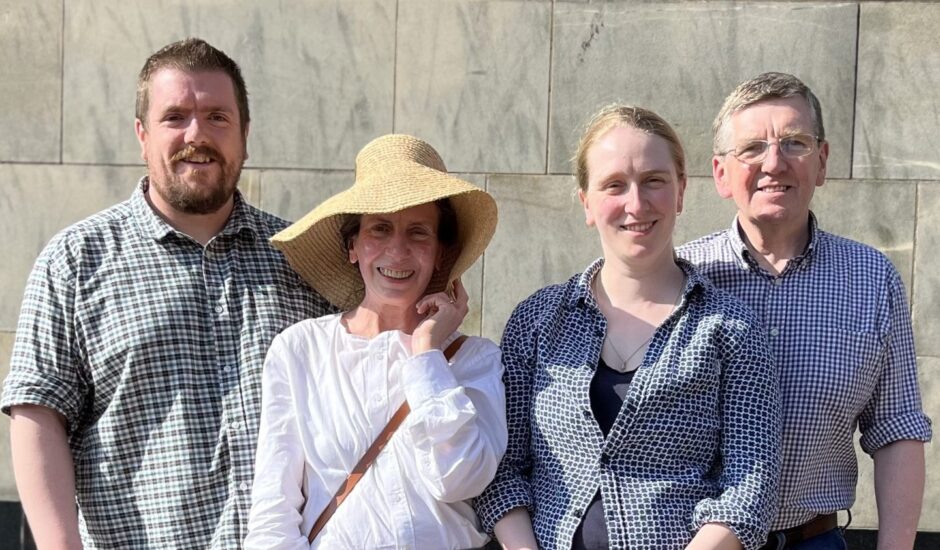
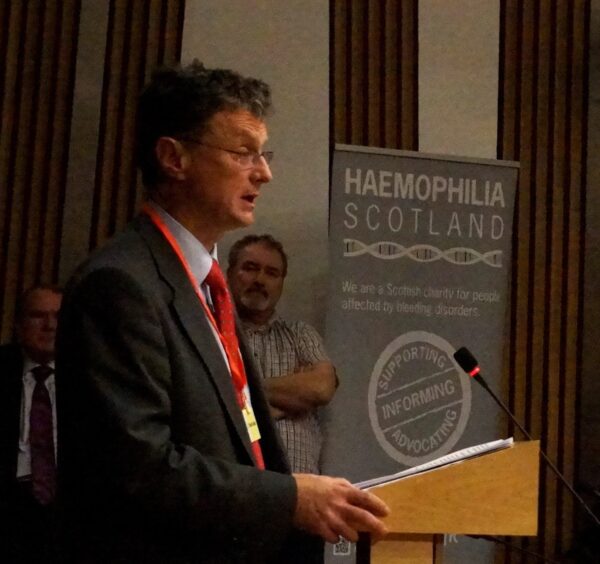


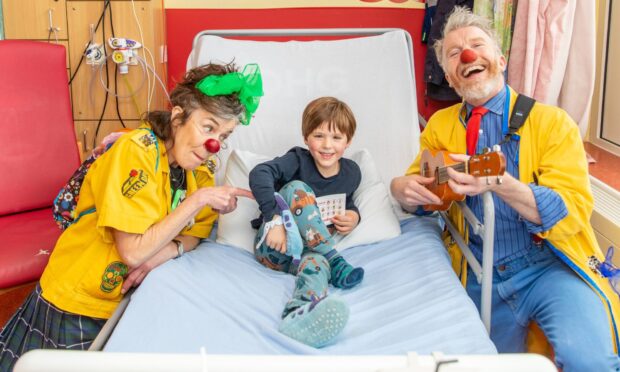




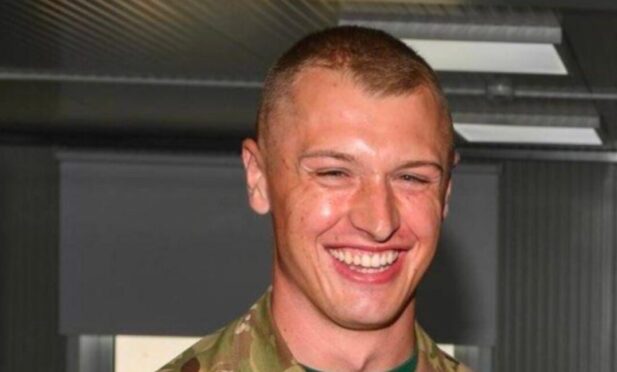


Conversation